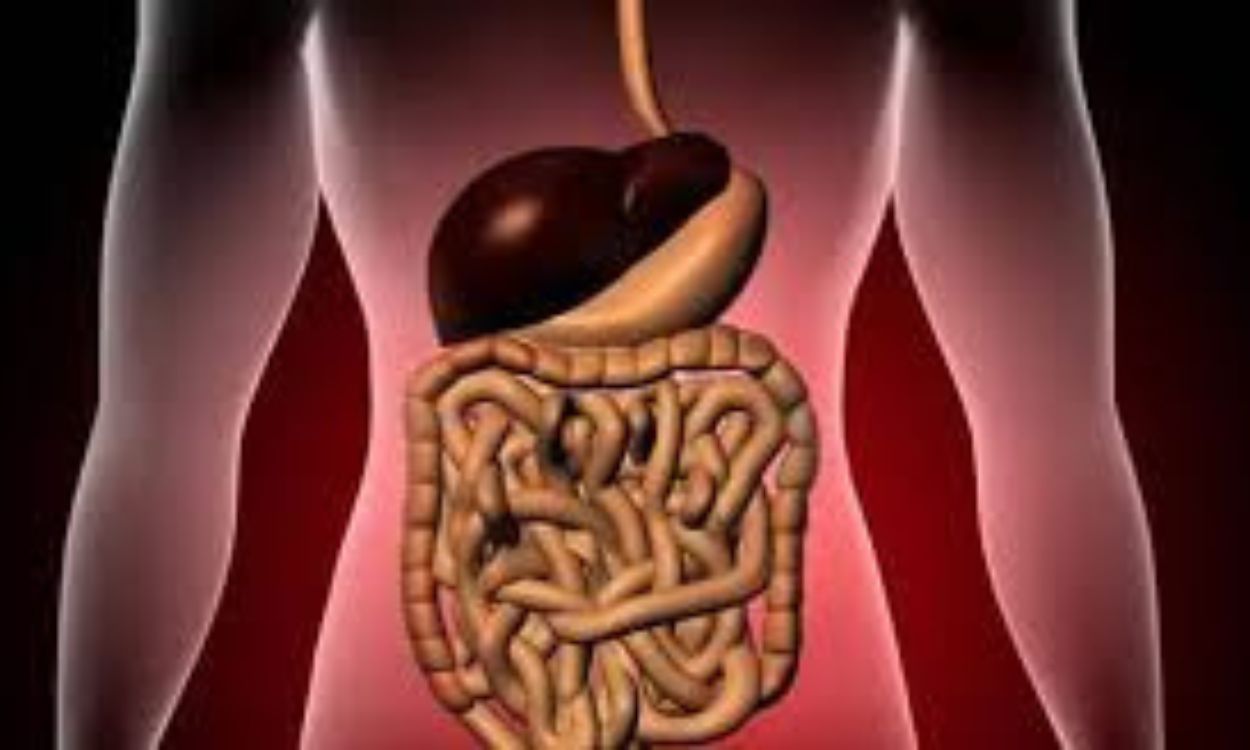Unveiling the Connection: Does Fatty Liver Lead to Sensory Disorders?
Understanding Fatty Liver and Its Implications
Fatty liver, medically known as hepatic steatosis, is a condition characterized by the accumulation of excess fat in the liver. It’s becoming increasingly common, especially in India, due to lifestyle changes and dietary habits. While often silent in its early stages, fatty liver can lead to more severe liver diseases if not managed properly. But what about its connection to sensory disorders? Let’s dive into this intriguing aspect.
The Link Between Fatty Liver and Sensory Disorders
Recent studies have indicated a potential link between fatty liver and various neurological issues, including sensory disorders. The liver plays a crucial role in detoxifying the body and maintaining metabolic balance. When its function is impaired, as in the case of fatty liver, this can lead to systemic inflammation and oxidative stress, which may affect the central nervous system.
– Inflammation and Nerve Damage: Chronic inflammation associated with fatty liver can lead to nerve damage, potentially affecting sensory perception. This might manifest as tingling sensations or numbness, primarily in the extremities.
– Impact on Brain Function: The liver’s dysfunction can lead to an imbalance in neurotransmitter levels, influencing cognitive and sensory functions. Research is ongoing to establish a definitive connection, but initial findings are concerning.
– Nutrient Deficiencies: Those with fatty liver often experience deficiencies in essential nutrients like Vitamin E, which are crucial for nerve health. This deficiency can exacerbate sensory disorders.
These insights underscore the importance of addressing fatty liver not only for liver health but also for overall neurological well-being.
Addressing Fatty Liver for Better Health
Managing fatty liver involves lifestyle modifications, including dietary changes, exercise, and possibly medical interventions. This holistic approach can help mitigate the risk of developing sensory disorders and other complications.
Dietary Adjustments:
– Increase Fiber Intake: Foods rich in fiber, such as whole grains, fruits, and vegetables, aid in liver health.
– Limit Sugar and Saturated Fats: Reducing intake of these can prevent further fat build-up in the liver.
Regular Exercise:
– Incorporate Daily Physical Activity: Whether it’s yoga, walking, or structured workouts, regular movement is essential to maintain a healthy liver.
Discover Fitpaa: Your Companion in Health Transformation
At Fitpaa, we understand the intricate connections between various health conditions and offer personalized solutions to manage them effectively. Our AI-driven metabolism monitoring technology provides an end-to-end approach to health management, especially for conditions like fatty liver.
– Personalized Fitpaa Capsule: Our tailor-made health plan considers your metabolism, dietary habits, and lifestyle to ensure effective management of conditions like fatty liver.
– Expert Support: With access to nutritionists, doctors, and fitness coaches, you are never alone in your health journey.
– Holistic Approach: Beyond just dietary plans, Fitpaa incorporates cognitive behavioral therapies to ensure mental well-being alongside physical health.
Why Choose Fitpaa?
– Guaranteed Results: With our state-of-the-art technology and expert guidance, achieving your health goals is a certainty.
– Trial and Trust: Experience our services risk-free with a 7-day trial, ensuring trust and transparency.
Embrace a healthier lifestyle today. Download the Fitpaa app and start your journey towards a healthier liver and a more vibrant you. Your health and well-being are our ultimate mission, and with our scientifically-backed approach, nothing is impossible. Transform your life with Fitpaa, your dependable health partner!











